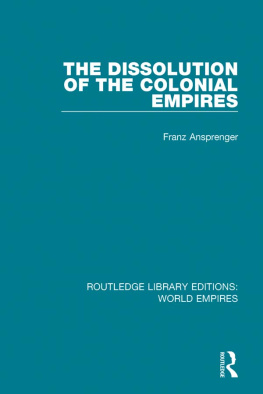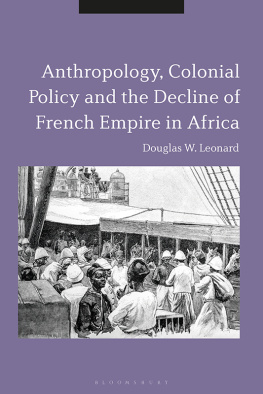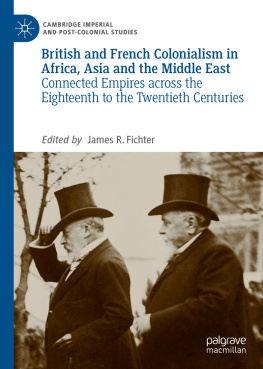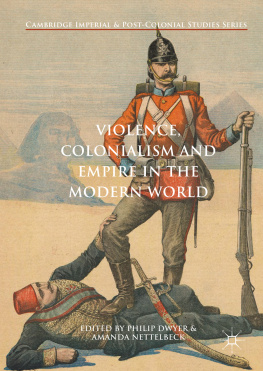First published in 1989 by Routledge
This edition first published in 2018
by Routledge
2 Park Square, Milton Park, Abingdon, Oxon OX14 4RN
and by Routledge
711 Third Avenue, New York, NY 10017
Routledge is an imprint of the Taylor & Francis Group, an informa business
1981 Deutscher Taschenbuch Verlag GmbH & Co. KG, Munich
All rights reserved. No part of this book may be reprinted or reproduced or utilised in any form or by any electronic, mechanical, or other means, now known or hereafter invented, including photocopying and recording, or in any information storage or retrieval system, without permission in writing from the publishers.
Trademark notice: Product or corporate names may be trademarks or registered trademarks, and are used only for identification and explanation without intent to infringe.
British Library Cataloguing in Publication Data
A catalogue record for this book is available from the British Library
ISBN: 978-1-138-47911-1 (Set)
ISBN: 978-1-351-00226-4 (Set) (ebk)
ISBN: 978-1-138-49541-8 (Volume 1) (hbk)
ISBN: 978-1-351-02406-8 (Volume 1) (ebk)
Publishers Note
The publisher has gone to great lengths to ensure the quality of this reprint but points out that some imperfections in the original copies may be apparent.
Disclaimer
The publisher has made every effort to trace copyright holders and would welcome correspondence from those they have been unable to trace.
THE DISSOLUTION OF THE COLONIAL EMPIRES
FRANZ ANSPRENGER
ROUTLEDGE
London and New York
First published in 1989 by Routledge
11 New Fetter Lane, London EC4P 4EE
29 West 35th Street, New York, NY 10001
1981 Deutscher Taschenbuch Verlag GmbH & Co. KG, Munich
All rights reserved. No part of this book may be reprinted or reproduced or utilized in any form or by any electronic, mechanical, or other means, now known or hereafter invented, including photocopying and recording, or in any information storage or retrieval system, without permission in writing from the publishers.
British Library Cataloguing in Publication Data
Ansprenger, Franz
The dissolution of the colonial empires.
1. Decolonisation 1900
I. Title II. Auflsung der Kolonialreiche.
909.82
ISBN 0-415-00838-7
0-415-03143-5 (pb)
THE BACKGROUND TO MODERN COLONIZATION
Whites have not always felt themselves to be the master race. It would be difficult to trace this outstanding element of the global history of the nineteenth and twentieth centuries back to the European Middle Ages, or into antiquity. To this day the king of the Moors in Christmas cribs bears witness to a culture oblivious to race. King Etzel of the Nibelungenlied is no representative of the yellow peril, the coloured knight of Wolfram von Eschenbachs Parzival no black shame (Schwarze Schande : slogan of German nationalists against black French soldiers of the occupation forces on the Rhine, 191930) for the kingdom of the Grail. The crusaders did indeed fight against the infidel, but they were far from calling Sultan Saladin a bicot this virtually untranslatable term was used by Algerian Europeans for their Muslim compatriots.
The Europeans of the Middle Ages had no reason to regard themselves as superior to the people of other continents. The Arab-Islamic culture was clearly superior to theirs. They charily dismissed Marco Polos reports of China as bragging. Of course, the Europeans did have the true religion, a cause for pride, but on the edge of their own part of the world in Scandinavia and in the east for a long time heathens continued to live, whilst on the other hand Europeans shared Christendom with non-Europeans in Africa and Asia. At first these relations shifted only gradually: the last heathens were either killed or converted, and Islamic culture in Spain was wiped out, isolated schismatic churches in Asia became submerged under the ocean of Turkish hegemony. Gradually the concepts Christian and white became fused in common usage.
Then came the explosive extension of this world-view as a result of voyages of discovery people of different race and colour on the islands and coasts of America, on the African trail, in India, Indonesia, China, and Japan. These people were not Christian (with the exception of Ethiopian Copts and a few Indians).
Were now the Christian, white Europeans superior to the heathen, coloured foreigners? Not always in terms of culture, and hardly in terms of state organization and land power, if we consider Japan, the China of the Ming dynasty and the early Manchu, or the Moguls and maharajas of India. They were superior, however, in terms of naval power and in similar branches of technology which were to be decisive for the future of the world: military technology, in a nutshell. At first it had not been possible for any European company to conquer a coherent colonial empire on the Asian mainland. Only in 1757 did Clive defeat the nabob of Bengal near Plassey and thus launch British hegemony over India. On the open seas, however, the whites were unassailable.
Something irrevocable occurred in America: gigantic states crumbled like dust at the hands of the scant conquistador troops. The people on the islands of the Caribbean died out as they had to perform slave labour. The Europeans, with their white skin, their horses and muskets, seemed like gods. So they began to feel like supermen themselves.
The Catholic Church had to ask itself whether what the Spanish and Portuguese were doing in newly discovered America was permissible. It is known that one pope drew a line across the globe: Spaniards to the left, Portuguese to the right! We know the name of the first bishop of Chiapa in Mexico, Bartholome de Las Casas (14741566), who wanted to protect the Indians and thus unwittingly opened the way for the trade in Negroes across the Atlantic. Much less known is that in their debates theologians were already intoning almost all the theories and prejudices that are still a headache to us today when the colonial system is being discussed.
When Benito Mussolini sent his legions against Ethiopia which was (up to now) the last colonial conquest carried out by a Christian European nation in good conscience, and consequently without dissimulation the Osservatore Romano, official mouthpiece of the Vatican, wrote: In colonialization we see a miracle of patience, heroism and brotherly love. No nation and no race has the right to live in isolation. This was on 24 February 1935.










